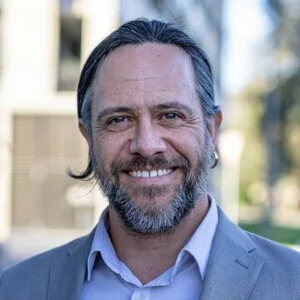As I come to the end of my one-year exploration of achievement, I’m grateful for the things I’ve learned. A theology of achievement is more complex than it sounds, but it has far-reaching implications.
What follows is a brief survey of the ground we’ve covered this past year.
Achievement relates to the biblical themes of creation, humanity, sin, redemption, resurrection, the sovereignty of God, the Spirit, wisdom, giftedness, work, service, humility, identity, union with Christ, eschatology, community, and fruitfulness—just to name the most obvious ones.
A significant part of God’s intention for humanity is to work and to achieve things. While such work and achievement has become corrupted by human rebellion against God, it is still part of his good design for us. All people are part of “Project Earth,” while believers play a special role. We work and serve for the sake of God’s glory and for the sake of others.
A significant part of God’s intention for humanity is to work and to achieve things.
God has gifted us in various ways and he empowers our work by the Spirit. In the mutually dependent Body of Christ we each have a role to play. Some may achieve in the spotlight while others go about their day-to-day business. But whatever the case there is no room for pride as we acknowledge that anything good we contribute is only possible by the creation, provision, orchestration, and empowerment of God.
Our achievements come wrapped in relational responsibilities. Getting things done ought not overshadow our commitment to family, friends, and neighbors. And let’s not forget God’s design for rest. In other words, there is no room for achievement-myopia or achievement-idolatry.
While achievement is a big part of our lives, we are not defined by it. We are God’s sons and daughters, whether we become overachievers or not. Our status in God’s family is not determined by our successes or failures—it is, rather, determined by God’s achievements on our behalf, in and through Christ. Our identity is to be found in him, not in our accomplishments.
Even so, what we do with the gifts and opportunities God has given has eschatological implications. He will hold us accountable for our stewardship. What we do, and how we do it, really does matter to God.
As I sign off, I recognize that there is plenty left to tease out with respect to work, church, and culture. But I hope this yearlong journey has set some groundwork for further reflection.
Thanks for reading, and I wish you every blessing as you seek to bear fruit in every good deed.





Comments
Be the first one to make a comment!